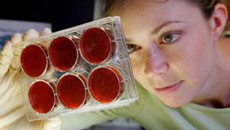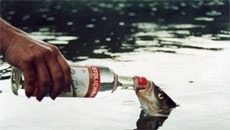If you speak more languages than one, it is good not only for your social image but also for the health of your brain, a research said.
Bilingualism has a positive effect on cognition later in life.
Individuals, who speak two or more languages, even those who acquired the second language in adulthood, may slow down cognitive decline from ageing, the research found.
"Our study is the first to examine whether learning a second language impacts cognitive performance later in life while controlling for childhood intelligence," said lead author Thomas Bak from University of Edinburgh.
Bilingualism is thought to improve cognition and delay dementia in older adults.
While prior research has investigated the impact of learning more languages than one, ruling out "reverse causality" has proven difficult.
"The crucial question is whether people improve their cognitive functions through learning new languages or whether those with better baseline cognitive functions are more likely to become bilingual," Bak asked.
For the current study, researchers relied on data of 835 native speakers of English who were born and living in Edinburgh, Scotland.
Some 262 participants reported to be able to communicate in at least one language other than English.
"The findings indicate that those who spoke two or more languages had significantly better cognitive abilities," the researchers added.
The strongest effects were seen in general intelligence and reading. The effects were present in those who acquired their second language early as well as late.
"These findings are of considerable practical relevance. Millions of people around the world acquire their second language later in life. Our study shows that bilingualism, even when acquired in adulthood, may benefit the aging brain," Bak concluded.
The study was published in the journal Annals of Neurology.





